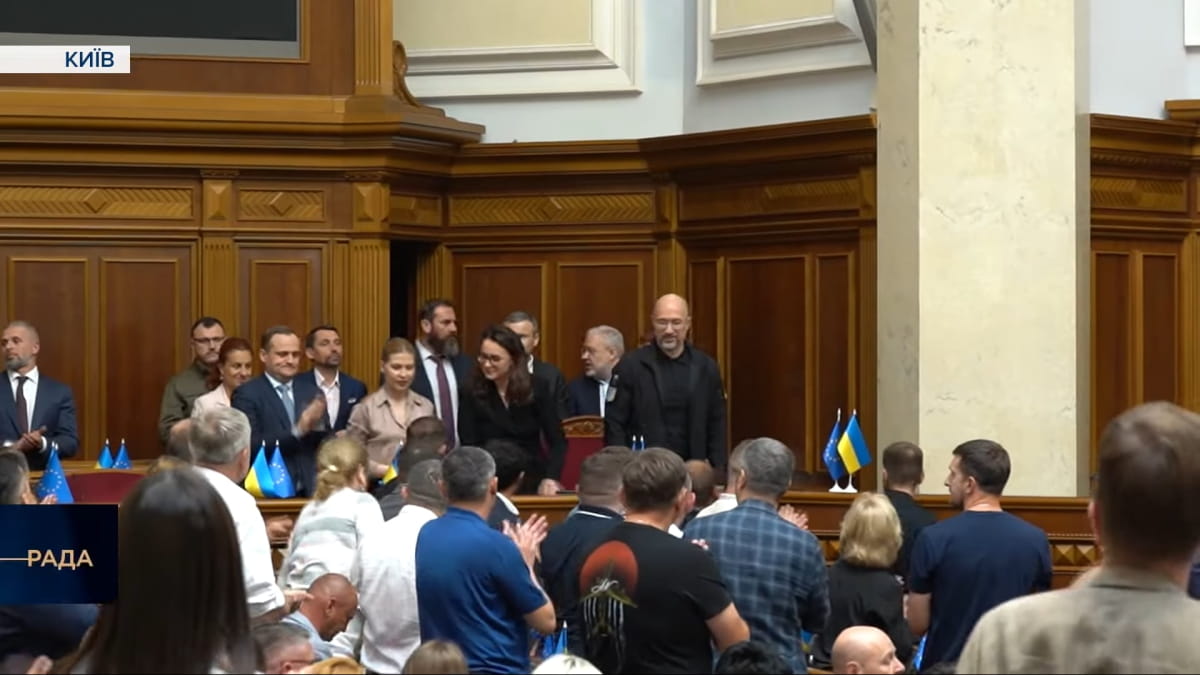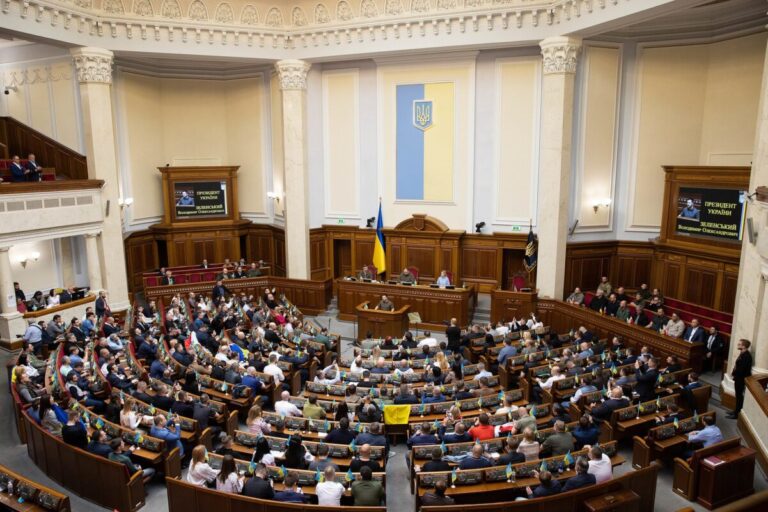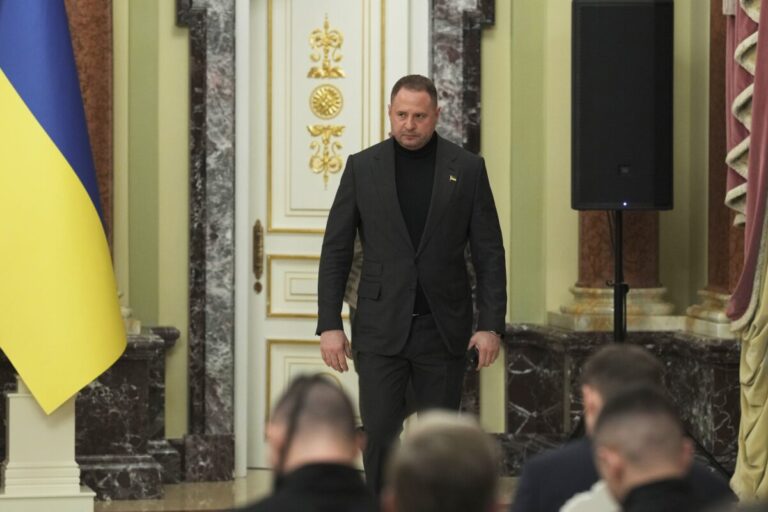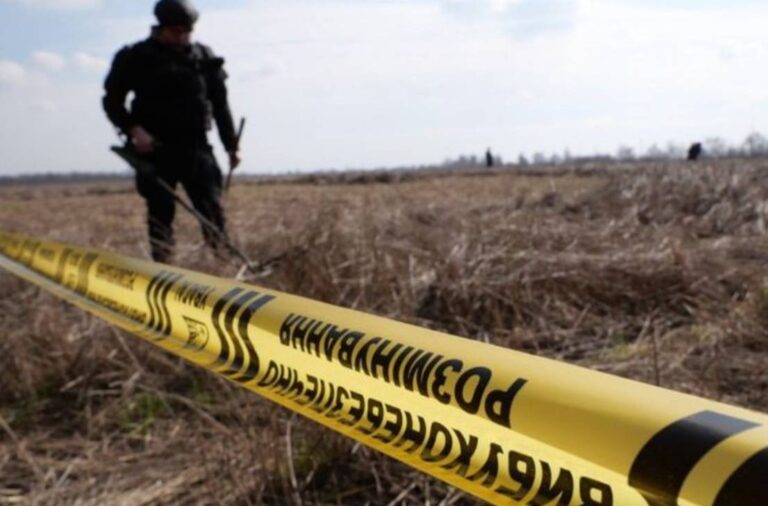
Government resignation during wartime: what’s happening in Ukraine in July 2025
The second half of July 2025 saw a spike in political tension: statements about the resignation of Prime Minister Denys Shmyhal and announcements of large-scale cabinet changes dominated the information space. What really happened? How are key players reacting? What are the legal details, and why does this matter? We break down the situation point by point, in the “Time for Action” style.
Did Denys Shmyhal Really Resign and What Is Officially Confirmed?
On July 15, 2025, acting Prime Minister of Ukraine Denys Shmyhal announced his intention to step down. He published an official post on his social media, thanking the president, the cabinet team, and Ukrainian servicemen for their work during a difficult time for the country. This step drew an immediate reaction from politicians, experts, and the media.
However, at the time of publication of this article, there is no confirmation in official sources about a parliamentary vote on the government’s resignation, nor about the appointment of a new prime minister or cabinet ministers. All current announcements remain in the realm of political forecasts, statements from individual MPs, and insider leaks.
How Does the Government Resignation Procedure Work in Ukraine? The Legal Aspect
The resignation of the prime minister during martial law is a sensitive issue for the state, but there are no legal restrictions on changing the government. The Law “On the Cabinet of Ministers of Ukraine” states:
- The prime minister may submit a resignation letter to parliament.
- The Verkhovna Rada must consider the letter and vote. If the decision is adopted, the entire government steps down not just its head.
- After this, parliament elects a new prime minister (proposed by the president) and approves the new cabinet.
During martial law, some politicians point out that such changes are debatable in terms of appropriateness. However, neither the Constitution nor the relevant laws contain a direct prohibition on government reshuffles during wartime.
What Do We Know About Voting in the Verkhovna Rada?
Public sources circulated information about a supposed vote on the resignation of Shmyhal and the Cabinet, with “261 MPs supporting the resignation, none voting against, 4 abstaining, and 55 not voting.” However, as of the evening of July 16, these numbers are not officially confirmed.
There are no such decisions published on the official websites of the Verkhovna Rada, the Cabinet of Ministers, or in the main government Telegram channels. Parliament has not officially announced the appointment of a new prime minister or cabinet.
Post List
Political Forecasts and “Insider” Information: What Do We Actually Know?
Media and political circles are actively circulating rumors about the possible appointment of Yuliia Svyrydenko (current Minister of Economy) as prime minister, and the potential transition of Denys Shmyhal to the post of Minister of Defense.
Other speculated changes include Rustem Umerov becoming ambassador to the US, as well as widespread cabinet rotations:
- Staff changes at the Ministry of Social Policy, Ministry of Economy, Ministry of Energy, Ministry of Foreign Affairs, Ministry of Culture;
- Possible liquidation of the Ministry for Reintegration of the Temporarily Occupied Territories.
However, these changes remain in the realm of “expectations” and predictions by MPs and political journalists. No legal decisions have been made public.
Reactions from Key Figures and Messages from the President
President Volodymyr Zelensky has repeatedly emphasized several priorities development of domestic production, scaling up drone contracts for defense, significant deregulation, reduction of bureaucracy, and new social programs. These tasks were discussed at a recent meeting with First Deputy Prime Minister Yuliia Svyrydenko and Minister of Digital Transformation Mykhailo Fedorov.
Zelensky emphasizes that any personnel decisions will be aimed at strengthening the country’s capacity, supporting the army and economy, and maintaining social stability. However, no formal decisions on changes in the government or ministerial appointments have been published so far.
Why Are These Reshuffles Important for the Country?
The resignation or replacement of the government during martial law is not a routine event. It affects international trust, economic stability, the implementation of social programs, and the pace of reforms.
At the same time, political turbulence can impact the speed of defense decisions, cooperation with partners, and the functioning of the state apparatus.
That’s why experts stress: in such circumstances, maximum transparency and openness of all processes is crucial, as well as clear communication with citizens and international partners.
What Should Society Do and What Comes Next?
- Rely only on official announcements from the Verkhovna Rada, the Cabinet of Ministers, and the Office of the President. Social media and even some media outlets may spread insider information or predictions, but only decisions published on official resources are legally binding.
- Understand that staffing changes are part of political life, and society has a right to transparency.
- Remain calm and avoid panic: The state machine continues to function in difficult circumstances, and remains under control.
As of the evening of July 16, 2025, we have a situation where an event (the prime minister’s statement of resignation) has already caused major public resonance, but no official decisions regarding a change of government have yet been made. Most of the discussion consists of forecasts and “insider” leaks.
For a country at war, the key is institutional stability, clear communication, and transparency in decision-making.
Any reshuffles should strengthen defense capability and efficiency not create additional uncertainty.
For reference and verification:
- Official website of the Verkhovna Rada of Ukraine
- Cabinet of Ministers of Ukraine
- Office of the President of Ukraine
- Ukrainska Pravda
- Interfax-Ukraine
- Liga.net















